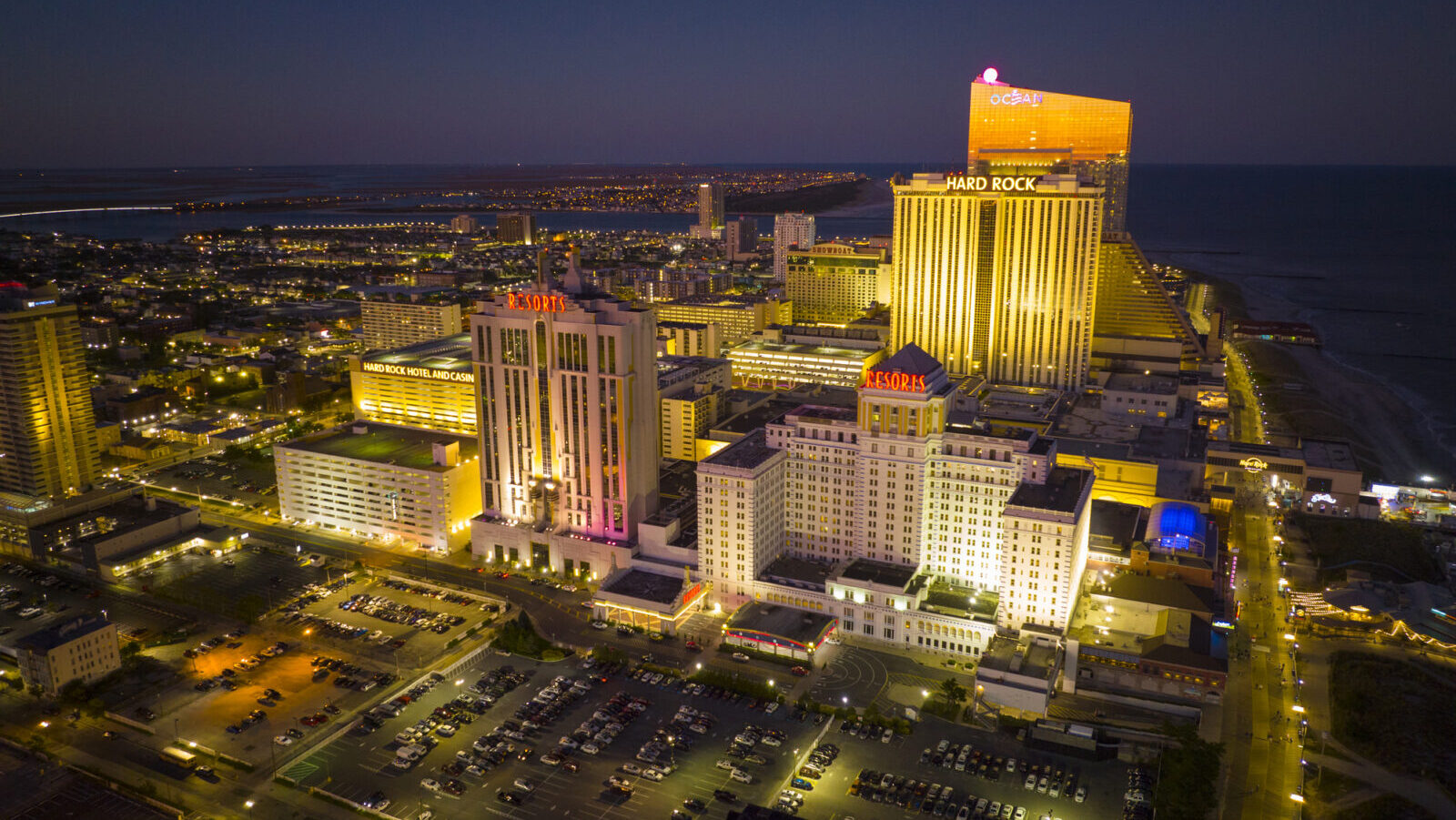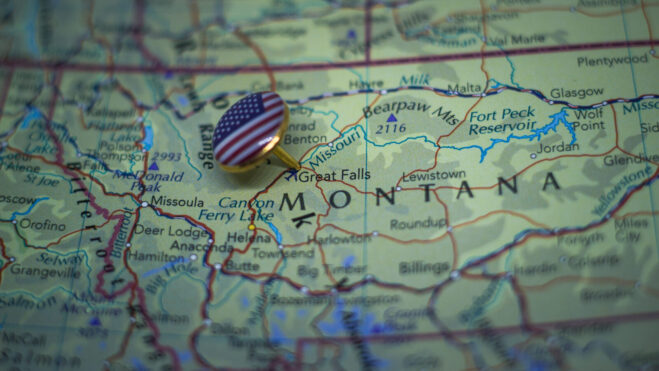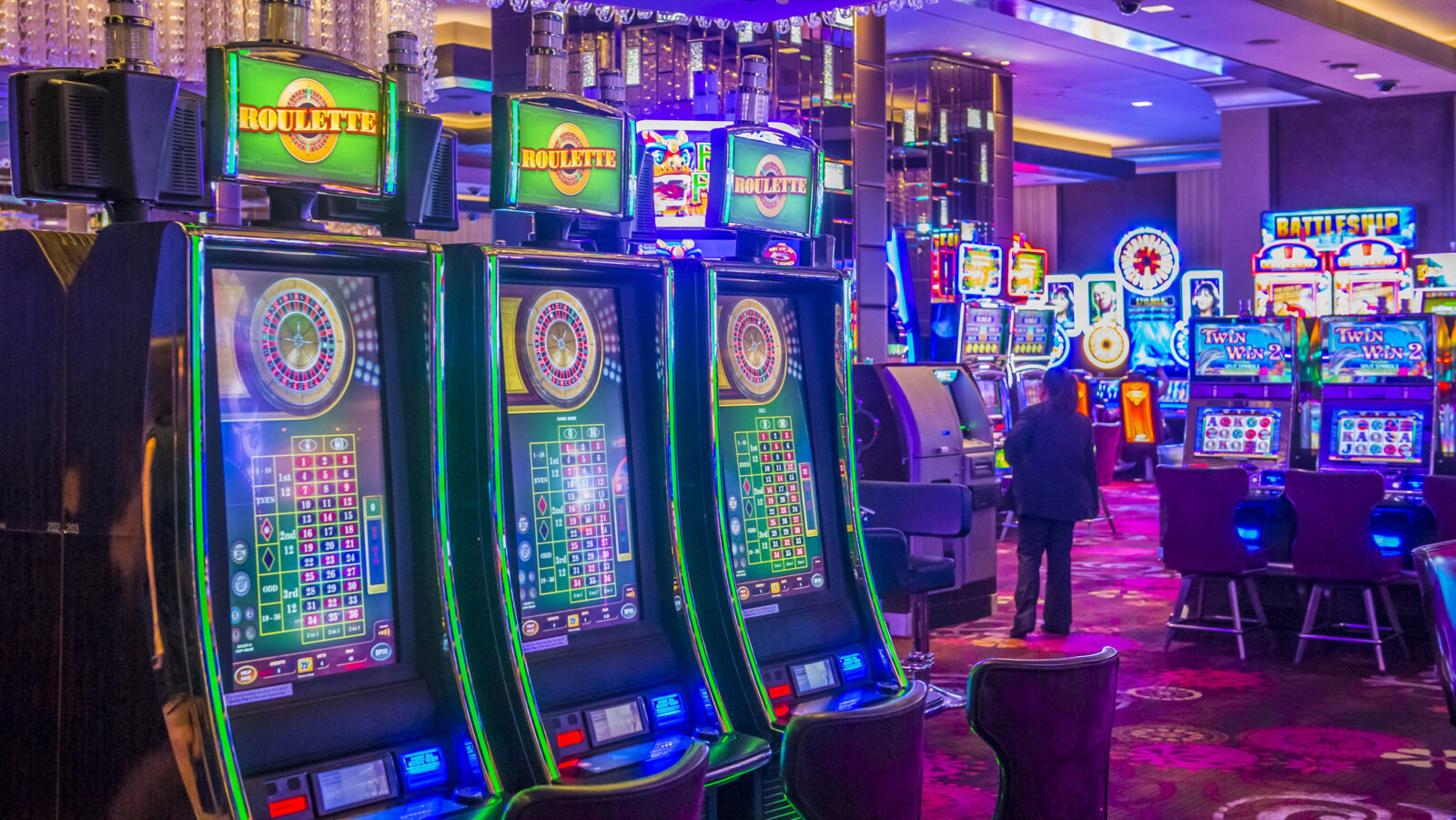Atlantic City Casino Operators Vow To Work Together In Face Of Coming New York Threat
"We have a two-year window ... to put Atlantic City in the best light ... We need to reinvent ourselves as a real entertainment destination."
3 min

The glacial pace of the New York State Gaming Commission’s efforts to approve three casino licenses in the New York City area — no such approvals are expected until at least mid-2025 — has minimized media attention on what could be the eventual opening of some of the largest gambling sites on Earth.
Nearly a dozen proposals have been made public, including five in Manhattan, two in Queens, and one each in The Bronx, Westchester County, and Nassau County on Long Island.
One of the largest such plans is a $12 billion pitch put forth by Wynn Resorts and The Related Companies real estate firm for the West Side of Manhattan just west of Times Square. An 80-story hotel and casino tower near the Hudson River would be connected to apartment towers, office buildings, and a six-acre park.
That, in expense at least, outdoes the $8 billion proposal made last fall by New York Mets baseball team owner Steve Cohen, whose casino would open next door to the Mets’ CitiField home.
But many insiders believe the simplest path for the commission would be to simply allow Aqueduct Racetrack in Queens and Yonkers Raceway in Westchester County to expand from their current status as “racinos” — horse racing facilities that already feature thousands of slot machines — to add live-dealer table games to their arsenal by gaining licenses. Each of those sites would be open for business at least a year or two ahead of any projects built from scratch, which may appeal to state-budget-minded elected officials.
Atlantic City united
While the commission moves with a deliberate lack of speed, that doesn’t mean that those who could be hardest-hit by the opening of these three NYC-area casinos aren’t already paying rapt attention.
That was evident at last week’s East Coast Gaming Congress, held at the Hard Rock Hotel & Casino in Atlantic City, New Jersey.
Three key executives of casinos in the city elaborated on what they see as a coming threat, with each stressing a need for the industry to work together to try to mitigate the long-term damage.
“If our industry does nothing, it’s not going to be a pretty picture,” said Bally’s Corporation Chairman Soo Kim during his presentation to the audience. “Fellow operators here are not our competitors. We’re all in the same business. The sports analogy would be we’re all teams in the same league, and at the end of the game you shake hands and maybe grab a beer.”
Jim Allen, the CEO of Hard Rock International, said that it is time for operators “to put our differences aside. I don’t want to see any of our competitors close; I don’t want to see 2,000 or 3,000 jobs lost. It’s not healthy for this city.”
Five of Atlantic City’s 12 casinos went belly-up from 2014 to 2016, leaving Atlantic County with a long stretch of having the highest home foreclosure rate among all counties in the U.S. That was an especially distressing time for Allen, a native of nearby Pleasantville who got his start in the Atlantic City casino industry as a cook at Bally’s Park Place in 1979.
‘We need to reinvent ourselves’
Resorts Atlantic City CEO Mark Giannantonio said that the city attracts a number of Asian-American high-rollers who enjoy playing table games, with the real threat looming that those “whales” may one day redirect their business to glitzy new New York City-area casinos.
“We have a two-year window, which is an opportunity for us to put Atlantic City in the best light,” Giannantonio said, stressing a need for city and state officials to be proactive. “Casinos can only do so much, by providing jobs.
“There has to be an improvement in capital infrastructure; let’s take care of our homeless population — they deserve to be taken care of — and make sure we have a reassuring police presence here. We need to reinvent ourselves as a real entertainment destination.”
Kim, like Allen, has dual loyalties to Atlantic City and to the New York casino saga. Bally’s has proposed to build a casino at a former Donald Trump-owned golf course site in The Bronx.
Giannantonio, Meadowlands Racetrack operator Jeff Gural, and outgoing New Jersey Division of Gaming Enforcement Director David Rebuck all dismissed the idea that state officials may revive plans to approve a casino next door to Gural’s track before the New York projects have launched.
That said, Gural — who in 2015 partnered with Allen on such a facility before a statewide referendum lost in a landslide a year later — predicted that once the casinos across the Hudson do open, he may yet get his wish. Gural said North Jersey residents will wonder why they have to pay ever-increasing tolls at the George Washington Bridge rather than get to enjoy a “hometown” casino.
Rebuck said he “can’t rule out” North Jersey ever getting its own casino, but added, “I don’t see it happening anytime soon.”
As the gaming conference was concluding on Thursday in Atlantic City, the New York City Council approved a zoning bill that would allow casinos to be constructed at a broader number of sites in the city, effectively leveling the playing field for all potential bidders. But all bidders will face what could be daunting challenges to gain enough community support to become real contenders.
The winners will pay a minimum of $500 million as a one-time licensing fee to the state.






